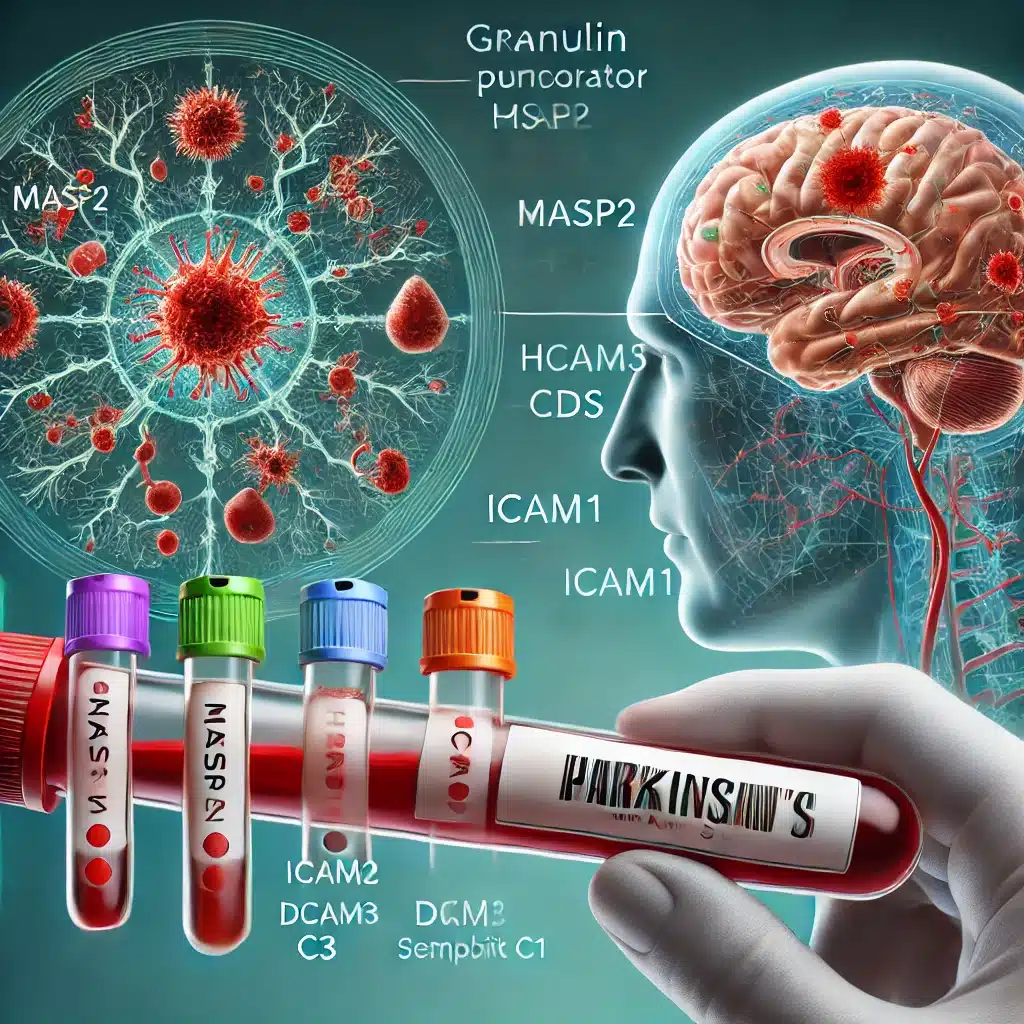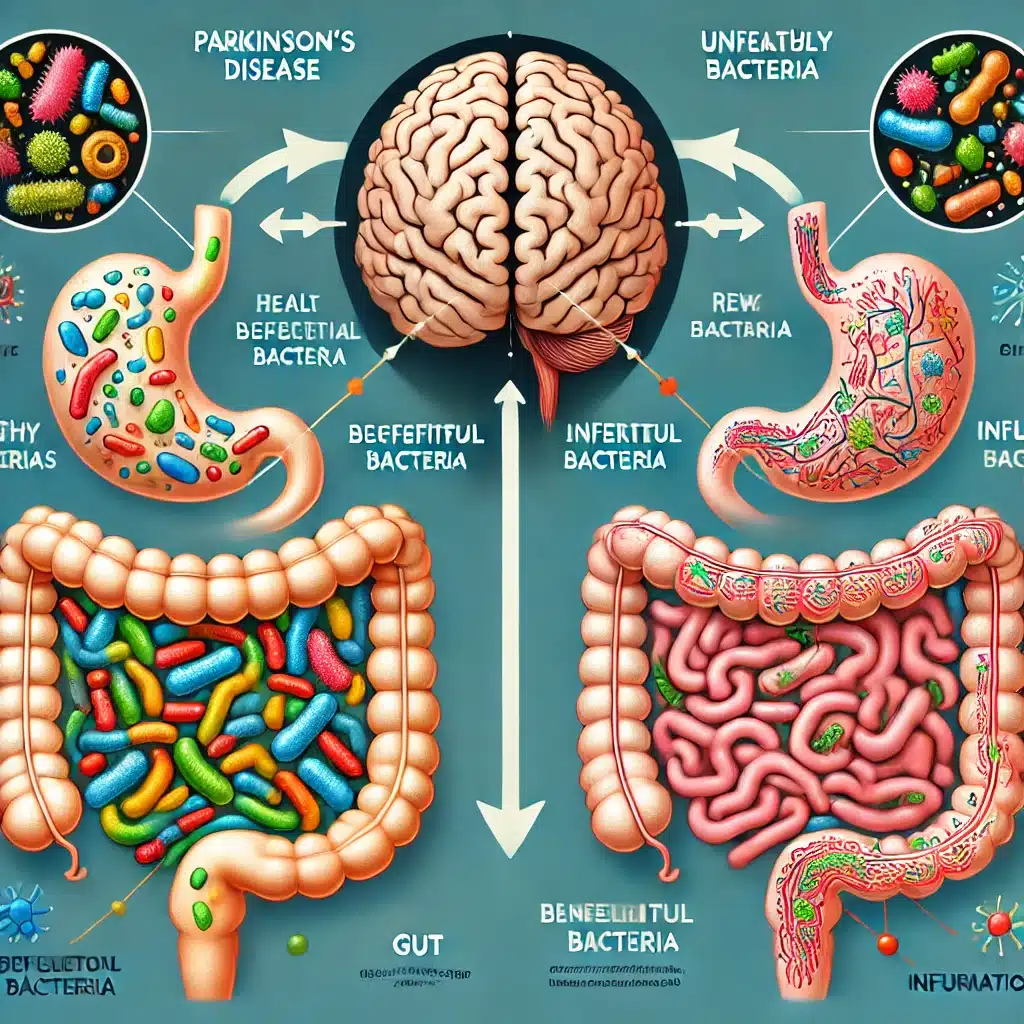rTMS Improves Blood Biomarkers (BDNF, GDNF, Thiol, S100B) in Depression (2024 Study)
Repetitive transcranial magnetic stimulation (rTMS) therapy improves key biochemical markers in major depressive disorder (MDD) patients, indicating its effectiveness as an antidepressant treatment. Highlights: Improved Antioxidant Levels: rTMS therapy significantly increased total antioxidant status (TAS), total thiol (TT), and native thiol (NT) levels in MDD patients compared to their levels before treatment. Reduced Oxidative Stress: …










